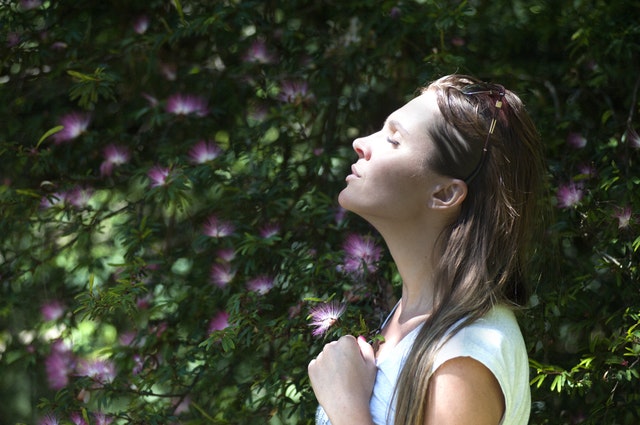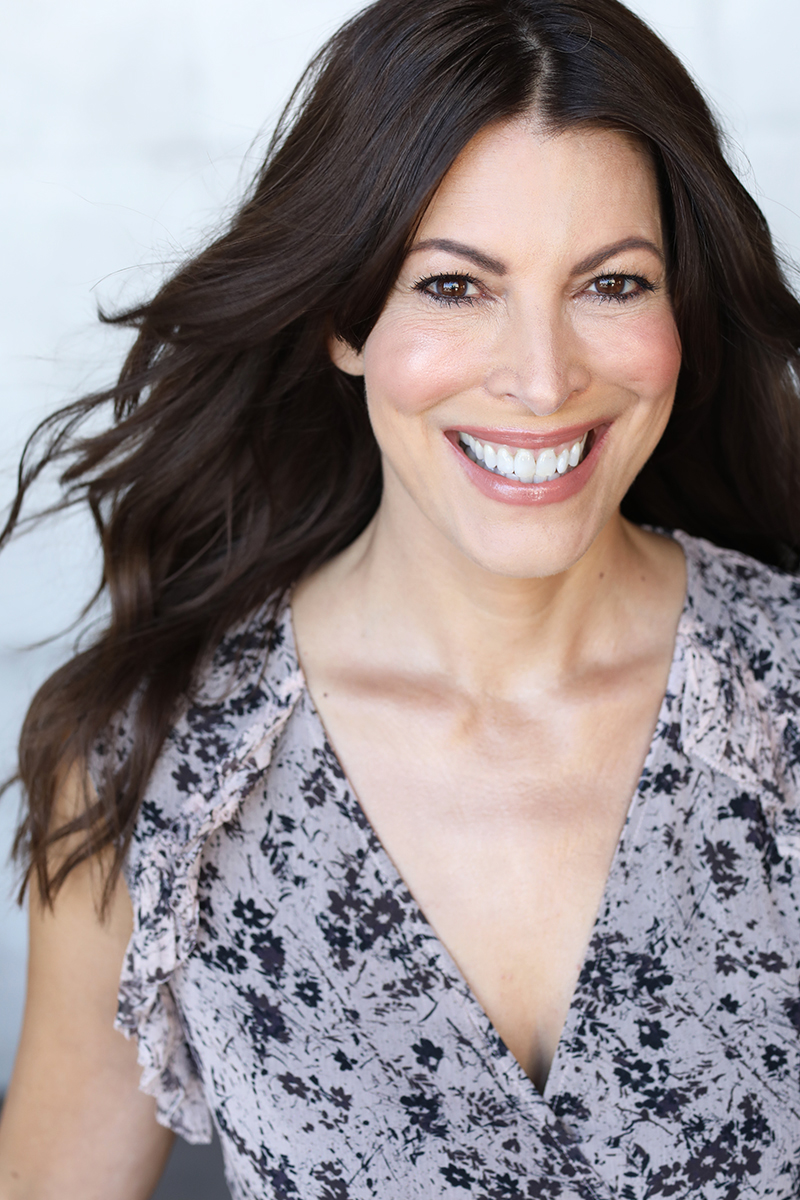When you first met your partner, the idea of being alone with them for weeks on end sounded like a dream. But now that’s a reality for many couples in quarantine. And if you’re feeling stuck, annoyed, frustrated and cranky, you’re not alone.
When we fall in love, we are full of desire for the other. Our imagination creates a bridge from our inner world to their inner world. In time, we learn the facts about one another as human creatures. We begin to see each other’s habits, foibles, flaws — and they see ours.
Not to worry — love is fueled by familiarity. You know a person. You trust a person. You accept them at their worst. Love is standing in the middle of Main street, naked, not even close to looking your best. Love is like that.
These days, the Western ideal of love is a “passionate marriage” — one where your partner meets not only your need for sex, love and romance, but also your need for friendship, security, meaning, grounding, and any number of needs that once were met by an entire village.
This trend is amplified by the “new normal” of COVID-19 lockdown: we don’t have the CHOICE right now to go to friends, the gym or support groups, where we might otherwise look for our needs to be met.
So what can we do to make this quarantine more of an opportunity than a challenge for our relationships?
Create Room to Breathe

Even in the best of times, some of us want more closeness than others. We may feel rejected if our partner wants less time together than we do. Or we may feel suffocated if they want more time together than we‘re comfortable with.
As psychologist Esther Perel points out, “Love enjoys knowing everything about you; desire needs mystery.” You are curious about a person. You want to know everything there is to know about them. But you don’t. And that intrigues you.
So even from the beginning, familiarity is the enemy of romance, because desire needs space to breathe. Even when we love each other as much as ever.
So, how can we renegotiate boundaries so that we don’t lose the spark? How can we each have enough space to keep our love alive under quarantine?
Both partners can consider their own needs independently, and then they can come together and share honestly. Honoring our own needs does not mean we love our partner any less. In fact, sharing and listening shows that we‘re willing to do the difficult work to make love last.
It’s okay to ask for space, especially now.
Let Go of “Perfect”

I remember being shocked the first time I saw my meditation teacher fight with her husband. She is a Yogi, for crying out loud, and so is he! And they were arguing about the dishes! But really, it wasn’t about the dishes.
It was about emotions. It was about perspective. Nothing has meaning until we give it meaning. We decide that because someone didn’t do the dishes, it means they don’t love us. Assigning meaning this way makes it easy to see why we would protest.
First, when we see our partner complaining about our behavior, seeming to look for a fight—can we see that for what it is? Hurt feelings. Can we acknowledge this, rather than defending our own position?
Nobody’s perfect. But we all have feelings, and we can all have compassion. We can take time to be curious and mindful about our own thought patterns. And we can ADORE ourselves for being exactly how we are, even with our imperfections.
We could instead find ourselves arguing about who GETS to take the dog out, when (before quarantine) it used to be who HAS to take the dog out.
But what are the emotions under that argument? What are we making it mean? Try to understand the other person’s feelings, even if they don’t say them outright.
Look for Common Ground

On top of all these things, little compulsions may come to the surface in close quarters, and they may cause tension.
Often they are small things that we usually tolerate about one another: one person is messy, the other has to wash the dishes immediately after dinner; one likes constant background noise, the other needs quiet. We all have our habits.
The difference between a habit and a compulsion is easy to spot when we look at the language we use to describe it. I must, I have to, I cannot — this language expresses absolutes. This black–and–white thinking probably indicates a compulsion, not a habit.
We don’t exactly get pleasure from the compulsion, but we do get relief. It may give us a sense of control in a chaotic world. When we‘re used to having things a certain way and suddenly don’t — and there’s much of that right now for everyone — it will be uncomfortable, but it can also be an opportunity.
You can talk with your partner and find middle ground. Come to these conversations undefended. Lay down your armor. Let go of expectations. Feel your shoulders drop, soften your face, unzip your heart.
Share what is going on with you from that undefended place.
Find What Works

It causes great stress to worry about things that we can’t control. That includes other people, even the ones we love (especially the ones we love).
We who are in recovery know that perspective is everything. Here‘s a simple way to shift yours: Where the focus goes is where the energy goes.
This principle goes back to that idea of feeding our fear or our faith. What we feed is what we experience. So, if we want to feel more faith, we have to feed that faith. Or that joy, or that love.
If it is true that we become who we spend time with, our partners are important. We wouldn’t be with them if they didn’t have qualities that we want to emulate, the qualities that drew us to them in the first place.
What did your partner do right today? Make a list. Find at least 5 things. Try it every day for a week and see how you feel.
We’re in Uncharted Territory
We are all navigating new waters here. Not only have you and your spouse never been here before; people worldwide have never been here before.
Each of us makes a choice about how to respond. In your relationship, this can be a challenge, but it can also be an opportunity. After all, what are we protecting, what are we working hard to save, if not each other?
If my words resonate with you and you’d like to hear about upcoming online workshops, books, retreats and more, learn more about me!
Find Dufflyns Website HERE

Dufflyn Lammers (CPC, CAI, CRS) is an international Relationship & Recovery Coach, Writer, and Speaker. In her international coaching practice, she specializes in women’s intimacy issues (including She Recovers). She presents workshops at treatment centers and conferences, both in-person and online. Her workshops use improv games and creative writing to teach resilience, emotional intelligence, communication skills, and recovery skills through the power of play. Originally from Palo Alto, California, she now lives in Paris and works remotely with people all over the world. Find Dufflyn on Twitter and Instagram.






